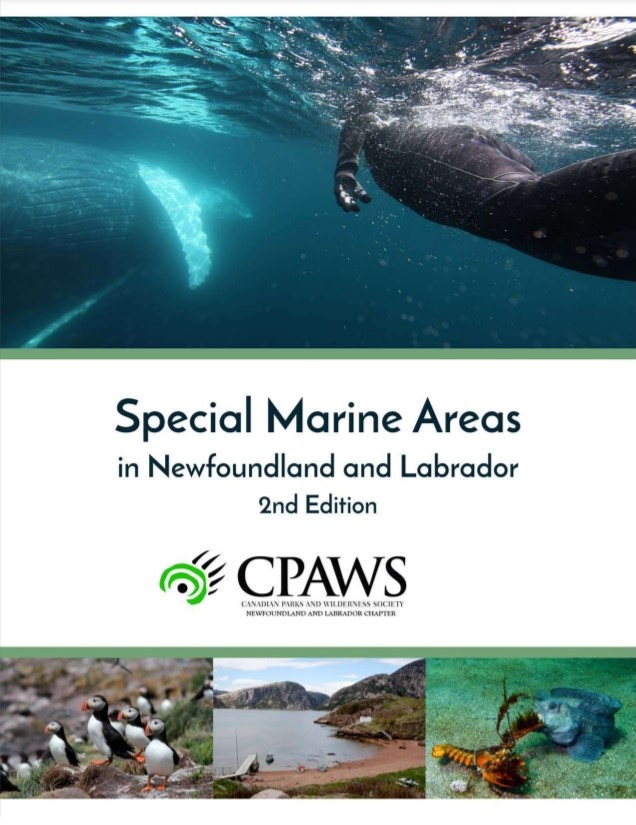- About
Learn more about the data hub project, how to use it, and the work we hope to achieve with it.
Learn more about the data hub project, how to use it, and the work we hope to achieve with it.

SPECIAL MARINE AREAS GUIDE
140 special marine areas that include coastal sites, coral beds, bird colonies, fish spawning grounds, and migratory routes.
- Data
DATA HUB
Open and free distribution of data is imperative to marine conservation and coastal planning processes. Our goal is to create a centralized and accessible database for policymakers, scientists, and the general public to create informed decisions.
- Learn
FISH
MenuMARINE MAMMALS
MenuSHARKS, RAYS, SKATES, & REPTILES
Menu
- About
Learn more about the data hub project, how to use it, and the work we hope to achieve with it.
Learn more about the data hub project, how to use it, and the work we hope to achieve with it.

SPECIAL MARINE AREAS GUIDE
140 special marine areas that include coastal sites, coral beds, bird colonies, fish spawning grounds, and migratory routes.
- Data
DATA HUB
Open and free distribution of data is imperative to marine conservation and coastal planning processes. Our goal is to create a centralized and accessible database for policymakers, scientists, and the general public to create informed decisions.
- Learn
FISH
MenuMARINE MAMMALS
MenuSHARKS, RAYS, SKATES, & REPTILES
Menu









